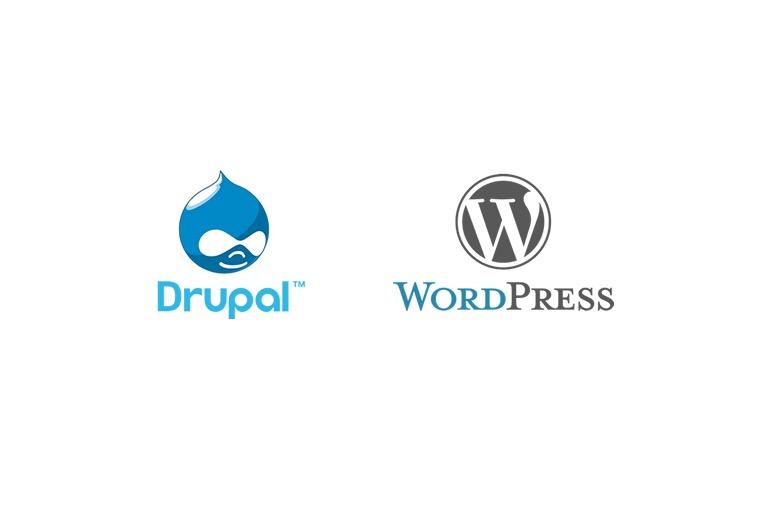Which open source CMS - Wordpress or Drupal?

Helping you compare these two leading open source tools and decide which will best meet your needs.
Many organisations, especially those in the charity sector who may feel their values align with those of the open source community, will most likely run internal or desktop systems based on closed source software from the established vendors like Microsoft. Given the skillset of internal IT teams and the massive market dominance of these solutions, this is not surprising. So far, open source solutions based on Linux have struggled to find anything more than a foothold in this area. On the other hand, websites and related applications are dominated by open source technologies and while there are many sites that run on proprietary Microsoft or similar systems, by far the majority of the web is powered by open source servers and sitting on top of these will be an open source content management system.
Charities in the UK may often start out with a proprietary system to run their web presence (perceived perhaps to be a ‘safe’ choice) but a mixture of increasing costs and lack of flexibility will often result in them turning towards open source solutions. By far the dominant platforms here are Wordpress and Drupal.
Drupal and Wordpress offer different solutions
Debates inside and outside about these two platforms can get very adversarial. However, this is to miss the point that while there are areas of overlap, the truth is that these two excellent (and free!) content management systems largely do different jobs.
Wordpress is ideal for smaller charities who have really simple requirements for their website. Wordpress is extremely flexible and is great for enabling adventurous site editors to get involved in altering page presentations or adding new features. It looks great, there are plenty of Wordpress people to provide support and their day rates are often relatively low.
Drupal is a different tool altogether. Drupal sites require more thinking through prior to development as it takes a highly structured approach to site building. This can stand you in good stead as your site grows and Drupal sites are built to last and become less ragged than sites that are built along less structured lines. Drupal’s rigorous coding standards also mean it inhibits quick and ugly code hacks which makes it very different from Wordpress which makes it really easy to bend the rules! Drupal can build genuinely highly customisable sites and user experiences. On the downside, there are fewer Drupal people out there and their rates are often higher.
Complexity, flexibility and power
From many years of working with both tools, I know that a popular misconception is that Drupal is ‘hard’. Actually, Drupal development is hard compared to Wordpress. Editing a Drupal site is, in my view, a lot easier than it is with Wordpress. The Wordpress ecosystem can generate a love-hate relationship. Wordpress relies heavily on paying for additional functionality and this can increase running costs significantly (I’ve never worked on a Drupal site that has required payment for a module). The advertising nags on the Wordpress backend can also be annoying although through extra work you can pare down the Wordpress admin experience. But it’s also great to reach out and find a Wordpress module that does exactly what you need - this can save hours, days or even many weeks’ work. I’m not saying that reaching for pre-built modules isn’t true for Drupal too, it’s just that the range of modules is more limited.
If only there was a simple rule of thumb for deciding between Drupal and Wordpress. We can say cautiously, larger sites with more complex functionality are better served by Drupal. I think this is certainly true in terms of custom code maintenance, longevity and flexibility.
But this masks the fact that while complex coding jobs, or advanced integrations with third party services are perhaps better handled by Drupal, Wordpress offers a wide-range of features and integration modules that are often ‘good enough’ and will require no coding. Drupal is generally regarded as the best choice for sites that scale but Wordpress powers some of the largest sites on the web. Finally, let’s not forget that small projects that still require complex code may be better achieved using the bigger hammer of Drupal.
Each project is unique. If you need advice about whether or not to go Drupal or Wordpress and want to find out more, please see my previous post about relative costs for Drupal and Wordpress sites or please get in touch if you’ve a project in mind you’d like to discuss.
